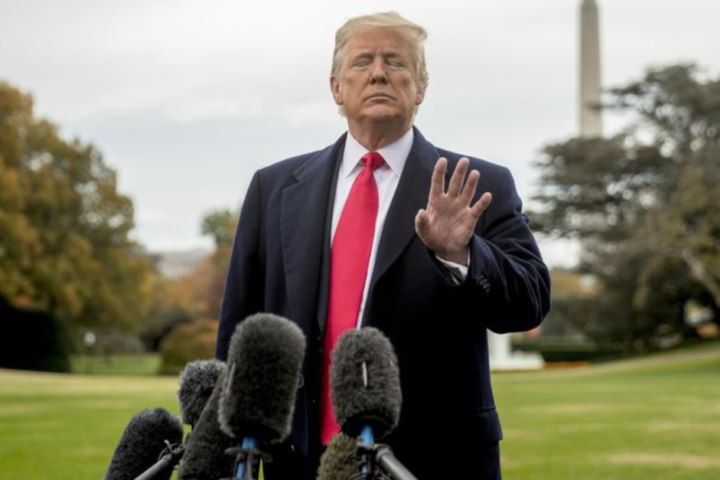The fall of Syrian President Bashar al-Assad after more than a decade of civil war represents a monumental shift in Middle Eastern geopolitics. For many, the moment is one of triumph over tyranny; for others, it is a sobering reminder of the challenges that follow the collapse of authoritarian rule. From Damascus to diaspora communities worldwide, including minority audiences in the United States, the implications of Assad’s exit resonate deeply.
A New Dawn for Syrians and a Test for Stability
For Syrians, this marks the end of a brutal regime that has dominated their lives since the Assad family took power in 1971. The 13-year civil war has left the country fractured and exhausted, but with Assad’s flight to Moscow, there is an opportunity to rebuild—a task that requires unity among diverse factions.
The rebel coalition, led by Hayat Tahrir al-Sham (HTS), faces the immense challenge of creating an inclusive interim government. With a history rooted in jihadist ideologies, HTS must now evolve to accommodate Syria’s diverse social fabric. Meanwhile, U.S.-allied Kurdish forces and Turkey-backed Sunni Arab groups must reconcile differences to shape a stable political future.
Lessons for Minority Communities
For minority audiences in the U.S., Syria’s upheaval offers critical lessons about the interplay of power, resistance, and rebuilding. The importance of minority representation in governance is clear, as groups across Syria’s religious and ethnic spectrum grapple with forming a unified leadership. The Kurdish model in Iraq, where autonomy and cultural recognition coexist with federal governance, provides a blueprint for empowering marginalized communities while maintaining national unity.
Regional and Global Ripples
Assad’s downfall has disrupted the balance of power in the Middle East, dealing setbacks to Iran and Russia while boosting Turkey’s influence. For minorities worldwide, this is a reminder of how global alliances and interventions often shape the destinies of local populations. Russia’s diminished role in Syria also weakens its strategic foothold in Africa, where its alliances with autocratic regimes have faced growing scrutiny.
For Iran, losing Syria as a conduit for supporting Hezbollah signals a broader weakening of its regional network. This shift opens new opportunities for marginalized voices across the Middle East to advocate for policies that prioritize peace and justice over proxy conflicts.
The Role of the United States
In the U.S., minority communities have long advocated for equitable foreign policies that prioritize humanitarian needs. The Biden administration has hinted at lifting economic sanctions and reconsidering HTS’s designation as a terrorist organization. These steps could ease the suffering of millions and support a stable transition, but they also raise questions about accountability for war crimes committed by all sides.
For minority audiences, this is a critical moment to engage with policymakers, emphasizing the importance of inclusive reconstruction efforts and the protection of human rights in Syria. The U.S. can play a key role by supporting grassroots initiatives, assisting in asset recovery from the Assad regime, and aiding reconstruction without enabling corruption.
Looking Forward
The collapse of the Assad regime is a historic opportunity for Syrians to reclaim their nation and chart a new course. For minorities in the U.S., it is a chance to reflect on the shared struggles against oppression and the importance of coalition-building in driving meaningful change. While the road ahead is fraught with challenges, the resilience of the Syrian people offers hope that even in the face of devastation, renewal is possible.











